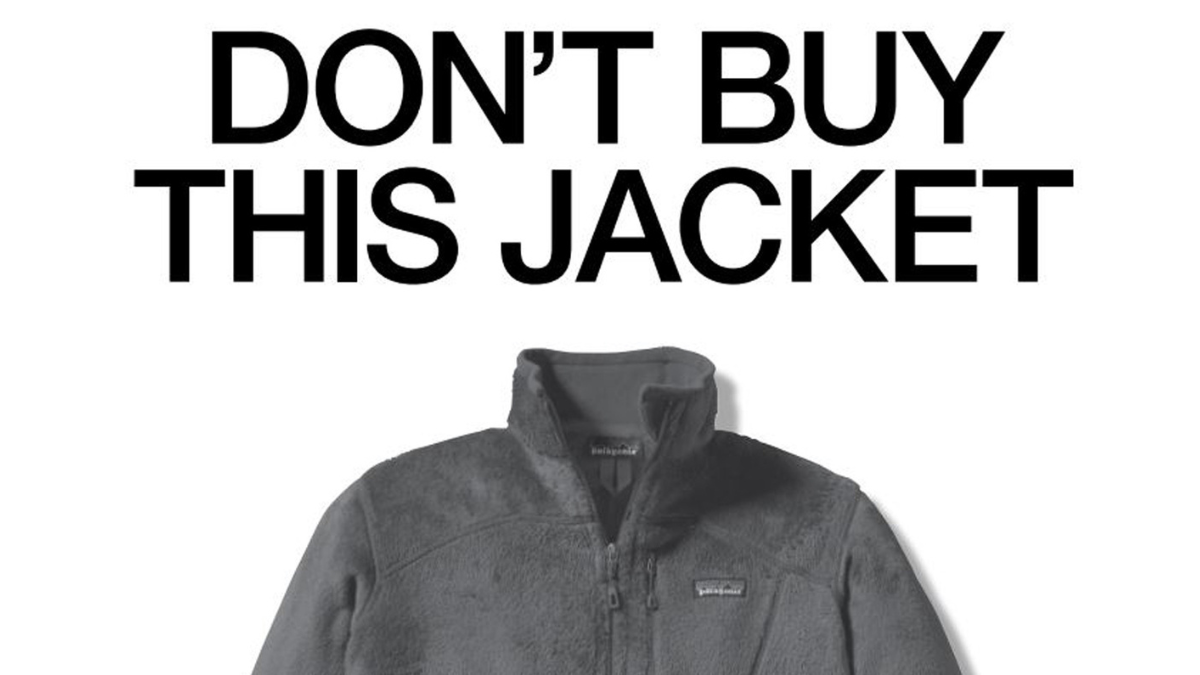In the digital era, where the truth is often a casualty of the information war, brands are navigating a minefield
The World Economic Forum suggests we’re becoming more dishonest, and social media is the usual suspect. The pandemic has only added fuel to this fire, with untruths spreading as virulently as the virus itself. So, how can brands maintain their authenticity and trust in this whirlwind of deception?
Understanding the landscape is the first step. The digital age, a double-edged sword, offers brands countless opportunities to connect with consumers but also serves as a fertile ground for misinformation. Social media platforms, with their engagement-driven algorithms, often unintentionally amplify false information. This, coupled with our inherent tendency to seek out and share information that confirms our biases, has created a perfect storm for the spread of untruths.
In this environment, brands must be the beacon of truth. Transparency and authenticity should be the bedrock of any brand strategy. Consumers are not naive; they can spot fraud from a mile away. Brands that attempt to manipulate or deceive are quickly exposed and face severe reputational damage.
Instead, brands should strive to be the torch-bearers of reliable information. This means rigorous fact-checking before sharing information, being open about your sources, and promptly correcting any inaccuracies. It’s not just about avoiding lies; it’s about actively championing the truth.
Take the case of Patagonia, the outdoor clothing brand. They have built their brand on a foundation of environmental activism and sustainable practices. In a world where ‘greenwashing’ is common, Patagonia stands out for its commitment to transparency and authenticity. They openly share their supply chain practices, admit their shortcomings, and are proactive in their efforts to reduce their environmental impact. This commitment to truth and authenticity has earned them a loyal customer base that shares their values.
One of Patagonia’s most daring moves was their Don’t Buy This Jacket ad campaign. The campaign, which discouraged consumers from buying their products unless necessary, was a bold statement against consumerism and waste. It was a risky move, but it paid off. The campaign generated significant media attention and increased sales, proving that consumers value brands that align with their values and are willing to take a stand.
Brands should harness the power of storytelling to connect with their audience on an emotional level
Stories are a potent tool to convey your brand purpose, core values and build trust. However, these stories must be authentic and grounded in truth. In the age of misinformation, a genuine story can cut through the noise and resonate with consumers.
Emerging technologies will be essential tools for brands to strengthen their truth-telling. These technologies offer unprecedented transparency and can help brands build trust with consumers, as we enter the ‘ownership era’. It’s not about outsmarting the consumer, it’s about outsmarting the age of deception. Brands that dare to tell the truth will find that it’s a game worth playing. In the face of deception, truth becomes a powerful tool. Brands that wield this tool effectively, like Patagonia, will find themselves not just surviving, but thriving in this post-truth era.
The future of brand authenticity lies in the intersection of technology and transparency. Web3, crypto, and blockchain technologies are not just buzzwords; they are the building blocks of a new digital landscape where truth and transparency reign supreme. Brands that embrace these technologies can create an unbreakable bond of trust and loyalty with their consumers, a bond that is transparent, verifiable, and immutable.
The age of misinformation is not a death sentence for brands; it’s a wake-up call.
It’s a call to be more transparent, more authentic, and more truthful. It’s a call to embrace new technologies and new ways of communicating. And most importantly, it’s a call to put the consumer at the heart of everything they do.
In a world full of lies, the truth has a way of standing out.
Featured image: Don’t buy this jacket campaign / Patagonia

